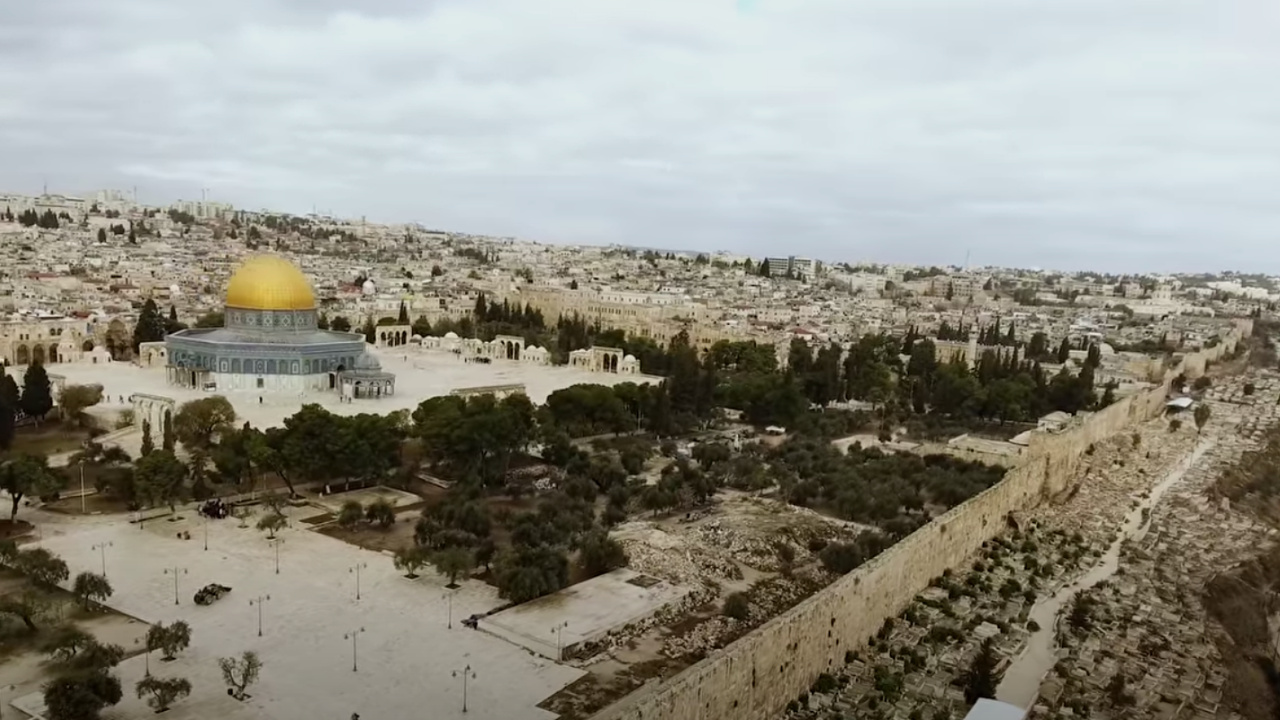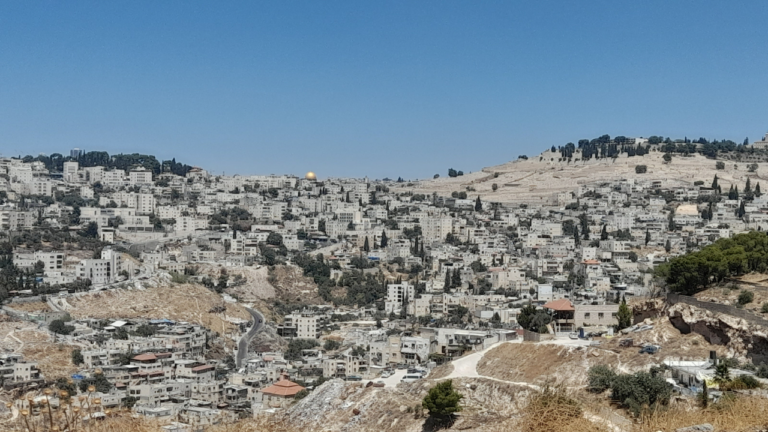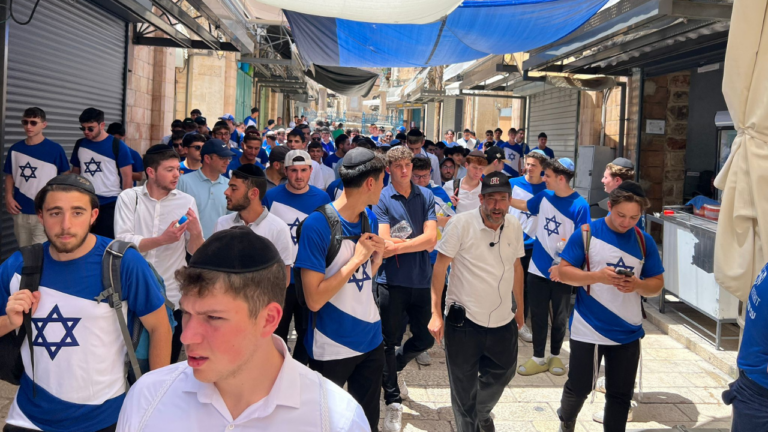The “I” of Jerusalem
After Yaakov’s stirring dream of the angels ascending and descending the ladder, he awakes upon Temple Mount all startled and bewildered. The Torah tells us that he exclaims: “Indeed, the Lord is in this place, and I did not know [it]!” Rashi explains that he meant that if he had known the sanctity of his setting then he would not have fallen asleep there.
Commentators note that the verse’s formulation seems to contain a redundancy. In the original Hebrew, the second half of Yaakov’s statement is “ve-anochi lo yadati.” The words lo yadati on their own would also have meant, “and I did not know [it].” What, then, is added by the word ve-anochi – “and I” – if the first-person is already included in the phrase lo yadati?
The Panim Yafot, a Chassidic work, has a penetrating answer. He argues that with the “extra” ve-anochi the verse can be homiletically read as “and I did not know anochi/myself.” In this read, Yaakov was both expressing astonishment about his lack of knowledge of God’s presence in this special place but also explaining that his ignorance of God stemmed from an ignorance with himself. On the level of Yaakov Avinu, he had not yet engaged in deep self-reflections and self-questioning about his own nature and the meaning of his life. If he had done so and had accessed the “anochi” then it would have been impossible for him to not have recognized God’s presence.
This interpretation allows for another powerful point. During the course of his vision on the mountain, Yaakov did indeed engage in the two-pronged process of encountering God and his own anochi. It is not arbitrary that this process occurred in Yerushalyim, on the Temple Mount. There is something special about this “place” which encourages and enables this sort of soul-searching and
deep realizations about the nature of one’s own soul. Perhaps this unique quality of Yerushalayim flows from the fact that according to the midrash God took dirt from Temple Mount to create the first
human being. Yerushalayim contains the primal origins of mankind and it therefore is a place for people to find themselves.
But as with Yaakov, this process cannot end in self-discovery. At the same time that one discovers the lower-case anochi, one cannot help but also find the upper case Anochi – God who is the ultimate Being. When a person enters Yerushalayim, searches and finds himself, he will perforce be open to seeing the One who dwells in Yerushalayim.



